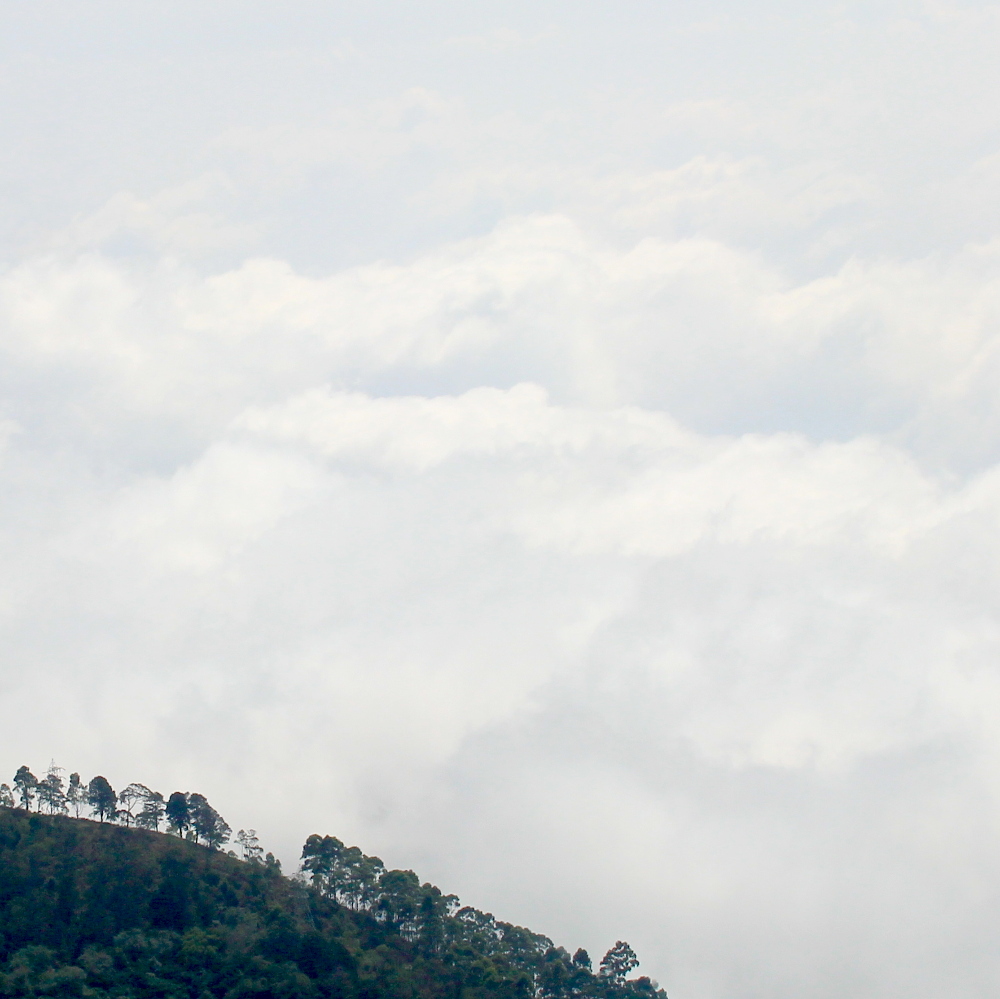
"The world runs amok" said Ama Samy, a contemporary Zen master, about the current state of our world. This film intends to show how the urgent problems, which humanity faces these days, could be overcome with the help of self-exploration as taught in the wisdom traditions.
This begins with a frank analysis of our current behavior - societal and individual. The root causes of our fixation on growth, competitive thinking, effectiveness and greed are outlined. Then it asks how far we are ready to question things and work on ourselves: to follow a path for individual transformation. For this the two main forms of self-exploration are described: On the one hand, the rational approach on the relative level of our human existence. Here, the matter is to understand oneself on the mental and emotional level and to realize that many of our thoughts and attitudes are habits, which prevent a clear view of reality. On the other hand, the non-rational exploration of the absolute aspect of our being plays a crucial role. Through meditative practice we can feel and experience our being beyond relative conditionality. These two forms of self-exploration support each other. If a real, deep and authentic transformation takes place, it can be integrated into life and community and true change happens.
Eight contemporary wisdom teachers with different backgrounds have their say to show us the way. Since the fundamental human constitution does not depend on the particular era, their statements are of timeless relevance. With Father Ama Samy (Zen), Swami Bhoomananda Tirtha (Vedanta), Claus M. H. Gatto (Buddhism), Jaya Ashmore (Dharma), John David (Advaita), Father Korko Moses (Yoga), Revered Nun Triet Nhu (Zen) and Vasanti Jayaswal (Dharma):
Arul Maria Arokiasamy was born of poor Indian parents in Burma in 1936. As a boy he came into some contact with Burmese Buddhism and Buddhist monks. Back in India after the war, he was brought up for a few years by his maternal grandfather, who was a devotee of a Muslim saint and was caring for the burial shrine of the saint. The grandfather died in an accident leaving the young boy without support and guidance. However, the boy finished school and joined the Jesuits. Even after becoming a priest, his heart was restless. His heart was not fulfilled by the Christian spirituality. He began visiting Hindu ashrams and Buddhist meditation centers. Swami Abhishiktananda introduced him to the teaching of Ramana Maharishi and he was much moved by this vision.
His quest and searching led him to become a wandering beggar for a while and settle down as a hermit near a holy shrine; the village people fed him. It was the Zen way which drew him most. With the help of Fr. Enomiya Lassalle, he went to Japan and was able to train with Yamada Ko-Un Roshi of Sanbo Kyodan. In 1982 Yamada Ko-Un gave him transmission and authorization to teach. Fr. AMA Samy is rooted in Christianity and in Zen; he can be said to stand in-between Hinduism, Buddhism and Christianity. He stands true to Christ, true to Zen and true to the human heart-mind. Fr. AMA Samy spends a few months every year abroad, mostly in Europe, teaching and helping his students. He is the founder of Bodhi Sangha.
Further information: kanzeonzendo.in
Swami Bhoomananda Tirtha was born in 1933, in the village of Parlikad near Wadakkanchery in Thrissur district, Kerala, India. After completing his education, he moved to Kolkata, to join his brothers and take up employment. It was during this phase of his life that he met and got associated with Baba Gangadhara Paramahamsa, a sage from Dakshinkhanda, West Bengal, which eventually led to his introduction to the world of spirituality and seeking self-realization. Swami Bhoomananda Tirtha’s association with Baba Gangadhara Paramahamsa inspired him to undergo intense meditation and spiritual practice. Then Swamiji became a sannyasin belonging to the ‘Tirtha’ lineage of Adi Sankaracharya. After being initiated into Brahmavidya (Science of Self-knowledge), he undertook assiduous study of the ancient texts and scriptures, as well as the Sanskrit language.
In 1963, he set up Narayanashrama Tapovanam, in Venginissery, Thrissur, which has, over the years, developed into a center of intense research in the fields of Spiritual learning and Vedanta. Swami Bhoomananda Tirtha has been guiding people in their spiritual pursuit and expounding the universal truths of Supreme Reality in India and abroad for over six decades. His rational exposition of the science of Self-knowledge and its application in the art of refining, strengthening, and elevating the human mind has benefited and transformed countless professionals, householders, and students. He is an active social reformer and widely revered as a spiritual master, scholar and exponent of the ancient Hindu Scriptures - Bhagavadgeeta, Srimad Bhāgavatam and Upaniśads - and is well-known for his discourses on Vedanta and its practical application in daily life.
Further information: www.bhoomananda.org
Claus M. H. Gatto has studied the Early Buddhist Texts (which are most likely originated from the historical Buddha Siddhattha Gotama) for many years. In the year 2010 he founded the Buddhist circle Sasitacittam at Stuttgart (Germany), devoted to meditation and the general study of the Early Buddhist Texts and open to participants and students of any Buddhist tradition. There he shares the study of the Early Buddhist Texts and the practice of the early Buddhist meditation. Regularly he also gives lectures in other Buddhist circles.
In her teachings, Jaya Ashmore integrates her own love of meditation - and of life - with deep experience in the traditions of Buddhism, Advaita (non-duality), Yoga, Christianity, and Hindu mysticism, as well as ecology, embodied movement and the Japanese art of Jin Shin Jyutsu. Born in the U.S. where she studied religion and art at Harvard, Ashmore began practicing meditation in 1985 and was authorized to teach in 1998. A gentle revolutionary, she has taught meditation through deep rest on silent meditation retreats in 12 countries. She has spent most of her adult life in India with her teachers and her nonprofit Open Dharma has supported awakening in thousands of people from any and no religion since 1999.
Further information: www.jayaashmore.org
After a typical English, middle-class upbringing he felt a strong voice inside him during his twenties that suddenly told him this was not the life he wanted. He went to Japan for answers. Trough coincidence he was introduced to Osho there and twelve months later, arrived at Osho's ashram in Pune, India. For the next fifteen years he lived as an Osho sannyasin in India, England and America. After Osho's death he met Papaji. With him he realized a profound shift of understanding. For four years he lived close to Papaji. Then he got an inner message to leave and return to the West. After some years of teaching and traveling, a community spontaneously formed in 2004 - the Open Sky House in Germany, later on other Open Sky Houses were established in Ukraine and Spain.
Further information: www.johndavidsatsang.international
Swami Sharanananda Reverend Korko Moses, SJ, is a Jesuit priest living in India. A spiritual guide, he teaches contemplative practices of meditation and yoga, and founded Dhyanavanam, an Ashram inspired by Christian & Eastern spiritual traditions. He teaches, leads retreats, and has worked as a counselor and spiritual guide to alcoholics and drug addicts at Kolkata, West Bengal, India, and offers spiritual guidance at the five L'Arche communities in India. His retreatants are primarily Hindus, Muslims, and Christians.
Revered Nun Triet Nhu was born in 1941, in Gia Dinh, Vietnam, where she also studied and worked as a secondary-school teacher. In 1983 she settled in the United States as a refugee. In the nineties she attended meditation courses at Sunyata Meditaton where she became an assistant teacher in 1999. Due to her continuously striving for improvement and persistent spiritual practice, she wrote many study reports from numerous courses. She was ordained in 11/2004, at Bodh Gaya, India, and received the Dhamma name Thich Nu Triet Nu. In 2005 she received the Great Precepts at the Sunyata Perris Meditation Center, USA. In 2007, she was assigned the responsibility for spiritual guidance of the Sunyata practice communities worldwide. On the 22nd of February 2015, during the Tradition Day ceremony commemorating 20 years of disseminating the Buddhist Dhamma by the Sunyata Meditation School, Venerable Thich Thong Triet, founding master of the Sunyata Meditation School, acknowledged the virtue and ability of her, and entrusted to her the ceremonial cloth and ceremonial meditation stick to offically name her as the successor of the Sunyata Meditation School. The ceremonial cloth is the symbol of the Buddha’s teaching. The ceremonial meditation stick is the symbol of the Patriarches’s teaching.
Further information: www.sunyatameditation.org
Vasanti Jayaswal is an expert on Indian art, culture, religion and philosophy. Jayaswal's thirst for spiritual knowledge has led her to the study of Vedanta, Tantra and Vajrayana Buddhism and her teachers in various darshanas have included Swami Chinmayananda, Swami Dayananda Saraswati, Easwaran Namputhiri, R. Anjaria, Ven. Garchin Rimpoche, Ven. Chetsang Rimpoche and His Holiness, the Fourteenth Dalai Lama. She has also had instruction under Rabbi Chaim Solomon in the Kabbalistic way of life. She has taught spiritual culture and dance extensively in the U.S. and India and has expressed her intuitive and experiential knowledge through numerous lectures, creative projects, books and articles. In the U.S. she is actively involved in many volunteer and community projects. She conducts a Heritage of India program for children of Indian immigrants and teaches private classes in the understanding of Hindu scriptures.
Further information: www.ambahouse.org
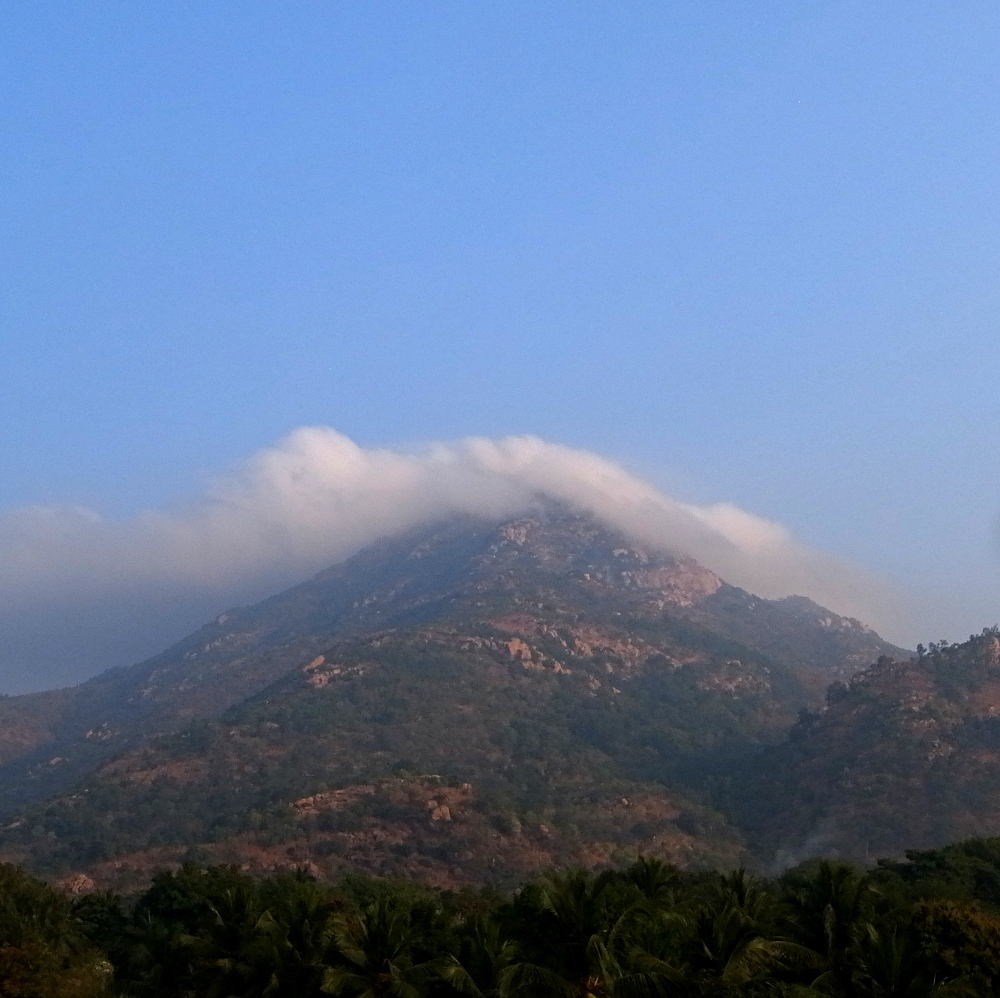
"...so expressive and moving. And perhaps most important inspiring." A.
"An eye-opener in art-garb. The people whom you interviewed: awesome, that powerful wisdom inside them, simply beautiful to see and listen to it. Much of what they said helps me and will help me." V.
"Congratulations for producing the film 'True Change'. It is very well done. I am sure it will help a number of seekers in their self inquiry." K.
"I just viewed the film and was deeply impressed... complete and focused, and also moving... It's encouraged me to go deeper into meditation." P.
"I experience clarity, simplicity and beautiful pictures which bring calmness with a smooth timing. This is Zen in the art of film making." W.
"The meditative passages between the chapters I found very pleasing. The film as a whole is a kind of meditation in itself." H.
"These awakened people have so beautiful eyes... The content is not completely new for me, but it was very inspiring to see and hear it so beautifully." B.
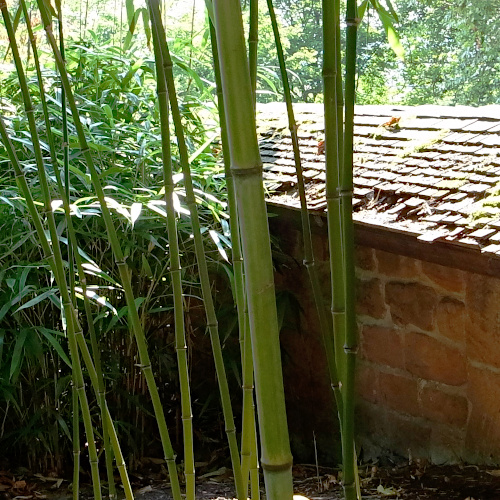
In this Podcast you will find some special contributions from Ama Samy and Vasanti Jayaswal on the general issue of the documentary project:
For those who like going deeper into the subject, here are some extra contributions from John David, Jaya Ashmore, Vasanti Jayaswal and Korko Moses:
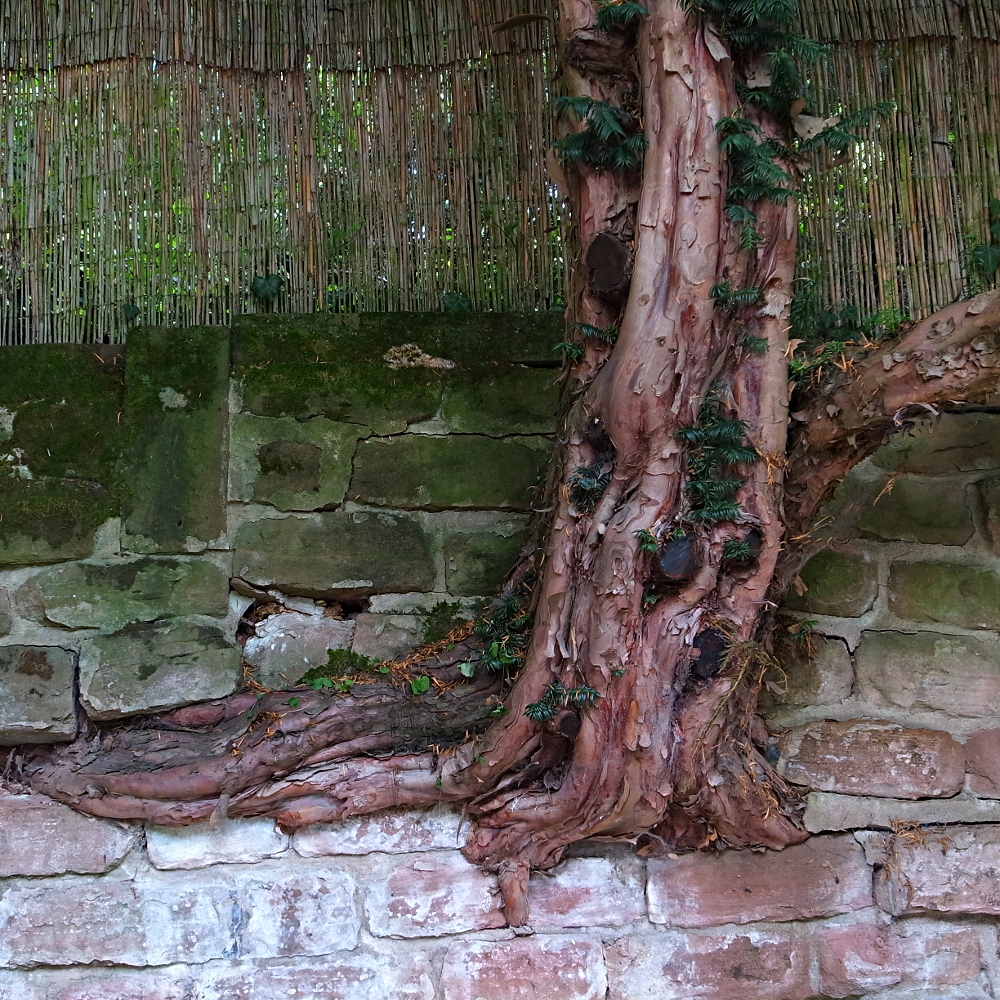
This film came into being due to some auspicious circumstances:
The story began in 2018 when Ram Tirtha had quit his office job and planned to spend the following autumn and winter in India for practice and studies in different yoga and spiritual centers. A friend came up with the idea to interview wisdom teachers during this journey about the current societal, human and ecological crisis. What would these teachers say about how we can deal with the crisis that we face? Can their thoughts help to create a bridge between the realms of the material and the spiritual? Could a film be shaped in order to clearly show how relevant their knowledge is for a fundamental change of our societies today? Through existing and also new contacts Ram Tirtha was able to conduct a number of very interesting interviews about these questions.
Back in Germany after five months of traveling, it turned out to be rather difficult to create a film. The idea of the film did not convince producers. A professional film editor, who would have supported the cutting voluntarily, was not available at that time. Since this is a non-profit project with a very small budget, it was not possible to commission an editor. Then due to the corona crisis early in 2020, Sascha Seidel, the editor who had already given valuable advice before the journey, was freed up to help out and he agreed to edit the film. Moreover, two excellent musicians, Jim Franklin and Omaris, also agreed to contribute some of their solo pieces to the film. Thank you very much indeed for your support.
Then, the post-production took place after all the precious material had been gathered. In October 2020, the original version was completed, and by December the first subtitles. Feedback shows that the film touches people's hearts and it was worth the effort. We wish to express our gratitude and love to all who contributed to it.
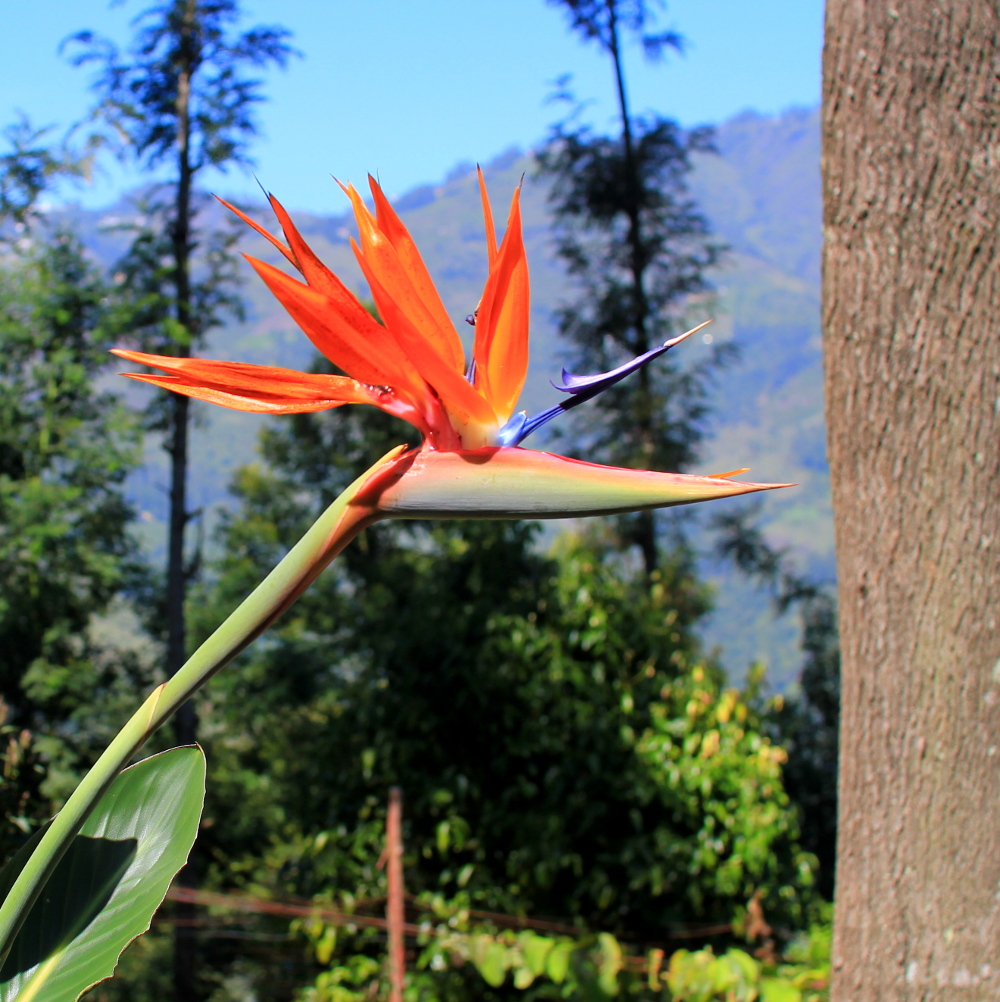
Since this is a non-profit film, we will be pleased if you support the project with a donation.
You can transfer a donation with the indication "donation documentary" to the account of Tino Lukaschek, IBAN: DE15 2004 1155 0194 1632 00 / BIC: COBADEHD055 at comdirect bank, Quickborn, Germany.
Thank you very much indeed for your support.
You are free to share, copy and redistribute this film in any medium and format under the following terms:
You must give appropriate credit: you must not omit the credits at the end of the film. You have to indicate if changes were made. You may do so in any reasonable manner, but not in any way that suggests the licensor endorses you or your use. If you remix, transform, or build upon the material, you may not distribute the modified material.
You may not use the material for commercial purposes.
The licensor cannot revoke these freedoms as long as you follow these license terms.